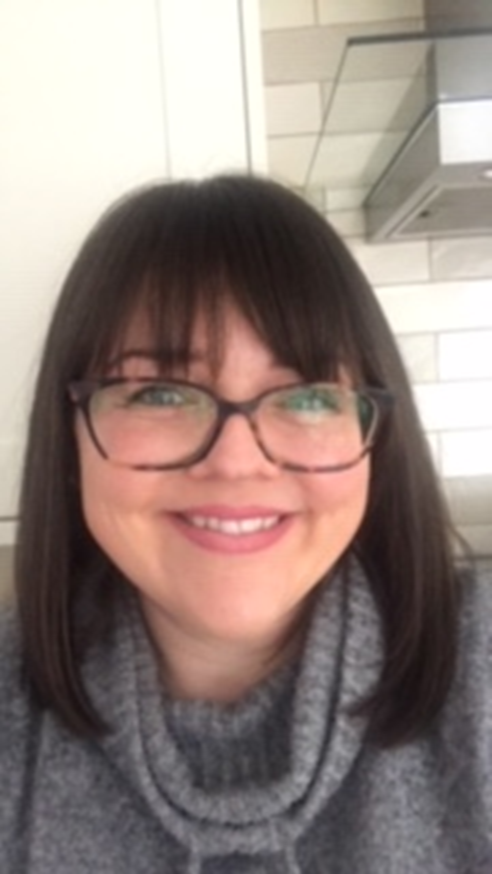Hi, my name is Nicola French, I am a specialist podiatrist working in Cardiff and Vale University Health Board.

Nicola French - Specialist Podiatrist
What was your journey to becoming a podiatrist?
I finished high school with one AS-Level and three A-Levels in drama, media studies, music, and English – totally the opposite to what podiatry is all about.
I was hoping to go to drama school but unfortunately, I wasn’t quite ready and so I went off to look at other options.
I spent time at my local college training as a beauty therapist but after a few years of working in the field I heard about podiatry and decided to look into this subject. I applied and got onto the course; I couldn’t believe it.
Fast forward three years to 2007 and I had completed my BSc (hons) in Podiatry. I then found my dream career working with Cardiff and Vale University Health Board and I’ve never left!
What is a podiatrist?
The role of the Podiatrist is to maintain and improve tissue viability, locomotor function, to alleviate pain and reduce the impact of disability, increase, and maintain mobility and independence and promote health and well-being for a wide range of patients.
Where do you work?
One of the podiatry clinic locations I work in is the Cardiff Royal Infirmary – what a beautiful building it is.
The podiatry department is made up of over 45 podiatrists, who are supported by several podiatry clinical assistants/technicians and a team of clerical officers.
Here we run wound clinics, MSD appointments, have a home visiting team, a clerical office and many more podiatry related subjects. We offer a wide range of inpatient, outpatient and community services for both adults and children with various conditions and pathology affecting the foot and lower limb.
Is podiatry a rewarding role?
We are valued and being a podiatrist is an incredibly rewarding role!
During the Covid-19 pandemic our podiatry team did not stop, we remained open for high-risk clinics and offered virtual appointments. Many staff were also redeployed to help with Covid-19 wards. Everyone has been incredible.
To prepare for a busy day in the podiatry clinic, Nicola outlines her six must-have items:
Doppler
This type of ultrasound helps podiatrists to hear the arterial waveforms, which allows them to understand how good the blood flow is to a patient's foot.
Monofilament
A device used to help to determine neuropathy, which means a loss of sensation, for example caused by diabetes.
Name badge
Wearing this ensures patients can identify who the podiatrist is.
Mirror
Sometimes it can be difficult to see a patient's heels or if a patient is not able to move much, and so a mirror is a great way of giving a podiatrist a second pair of eyes.
Pen
A must-have item for podiatrists to make sure they are able to write things down. History taking is so important as it helps to build a bigger picture of a patient and also means that future podiatrist's have a good understanding of a patient's history.
Torch
Finally, although there are lights in clinics sometimes podiatrists need to get into difficult positions which a standard lamp can't reach and so a torch can be a great piece of equipment to have.

